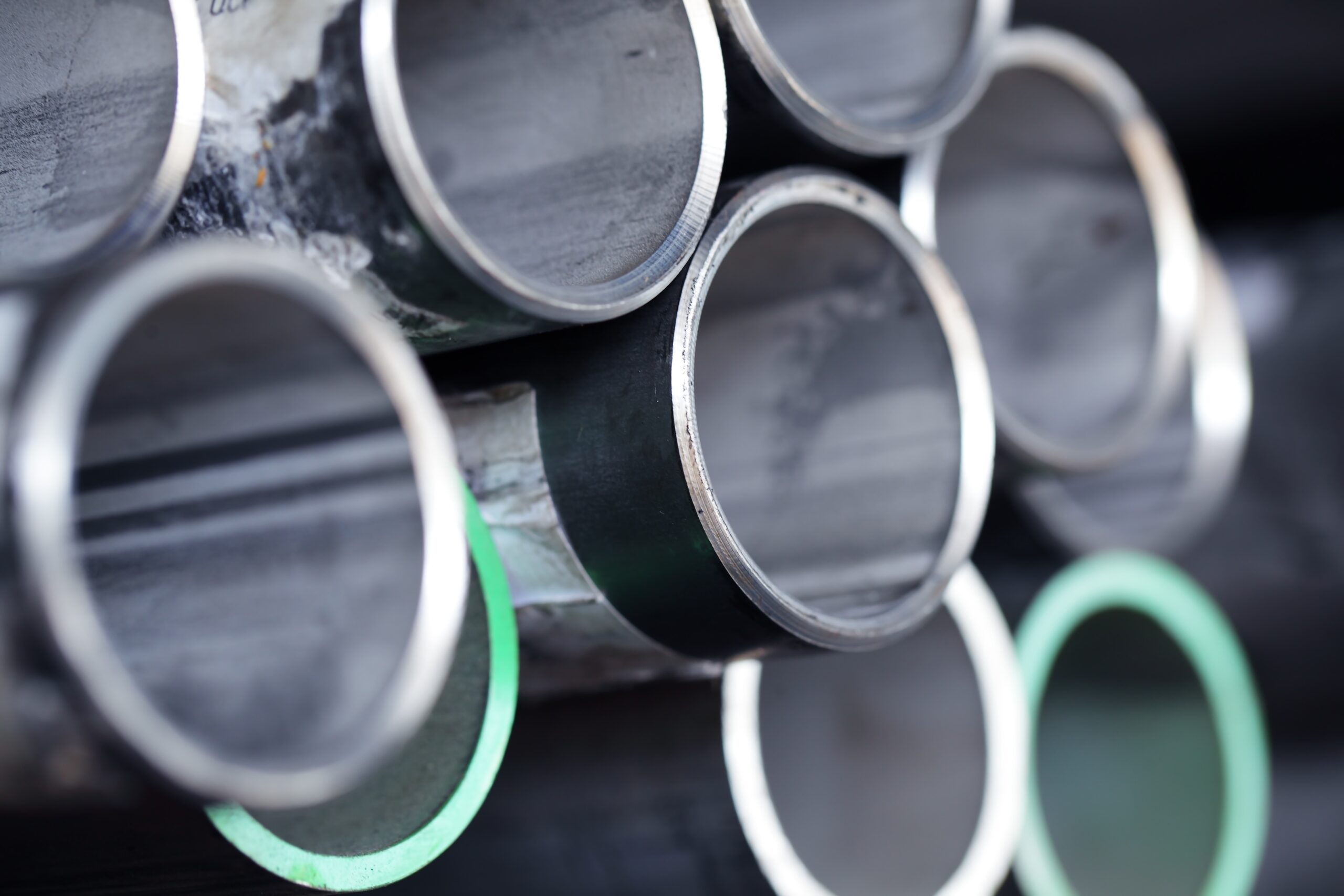The Dawn of Zero-Carbon Steel: Challenges and Opportunities in the Steel Industry Transformation
Key Ideas
- The steel industry anticipates producing the world's first zero-carbon emission steel by 2025, marking a significant technological and environmental milestone.
- Challenges such as high costs, infrastructure upgrades, energy-intensive production processes, and regulatory pressures like the EU's Carbon Border Adjustment Mechanism (CBAM) are shaping the industry's transformation.
- End users in sectors like automotive and construction are seeking decarbonized supply chains but are hesitant due to the premium costs associated with green steel, emphasizing the need for strategic partnerships and certification standards.
- Middle players, raw material producers, and financiers are all adapting to the complexities of the green steel transition, facing logistical challenges, rising demands for premium inputs, and the need for innovative financial instruments and sustainable investments.
The steel industry is on the brink of a historic transformation, set to produce the world's first truly zero-carbon emission steel by 2025, with Sweden leading the way. This breakthrough not only signifies a technological marvel but also heralds a new era that will restructure pricing, markets, and supply chains within the industry. The transition to zero-carbon steel comes with its challenges and opportunities, as stakeholders must navigate high costs, infrastructure upgrades, energy-intensive processes, and regulatory pressures like the EU's Carbon Border Adjustment Mechanism (CBAM). End users, particularly in sectors like automotive and construction, are eager to adopt decarbonized supply chains but are deterred by the premium costs of green steel, highlighting the importance of strategic partnerships and evolving certification standards. Middle players, raw material producers, and financiers are all adapting to the complexities of the green steel transition, facing challenges such as pricing volatility, increasing demands for premium inputs, and the necessity for sustainable financial instruments. Multi-stakeholder platforms like UNIDO's Industrial Deep Decarbonisation Initiative and the Climate Group's SteelZero play a crucial role in fostering collaboration among policymakers, producers, and end users to drive systemic change and promote scalable solutions in the journey towards decarbonizing the steel industry.
Topics
Green Hydrogen
Decarbonization
Steel Industry
Supply Chains
Green Transition
Energy Costs
Market Dynamics
Regulatory Pressures
Financial Investments
Latest News
